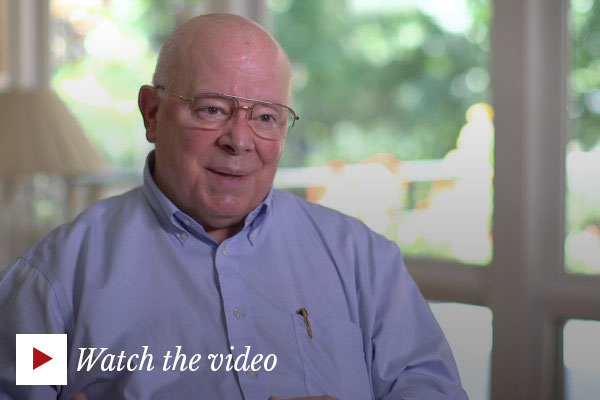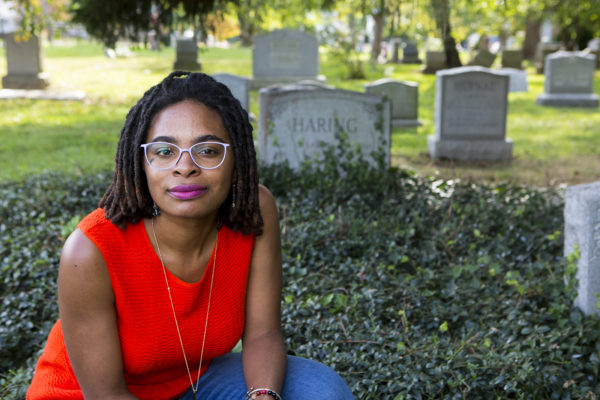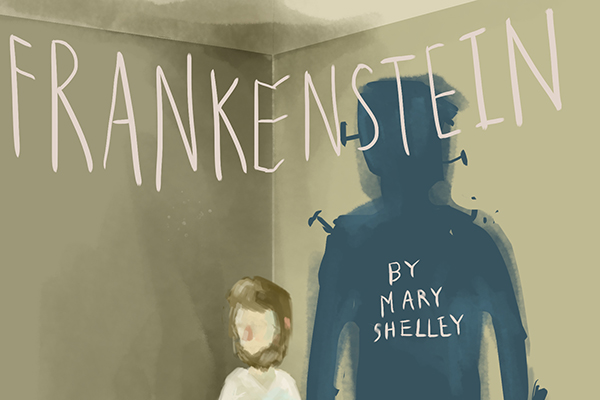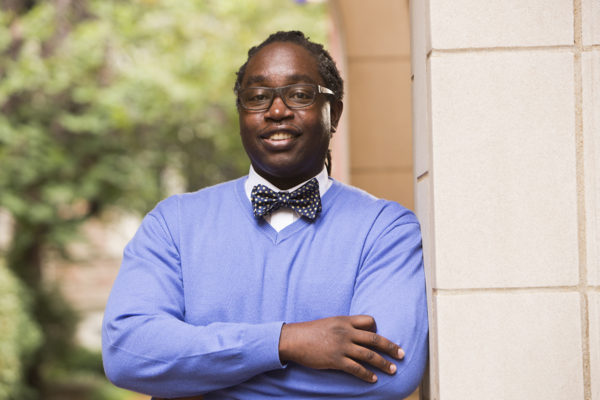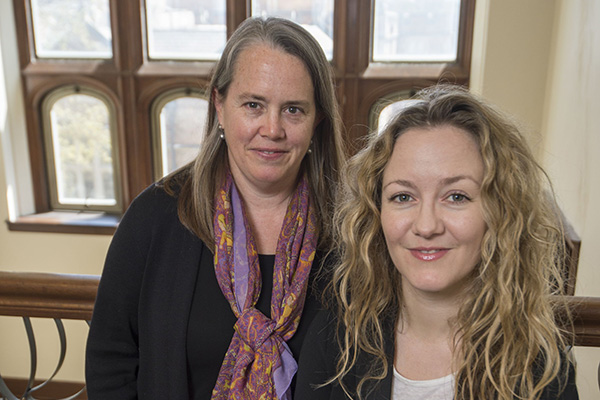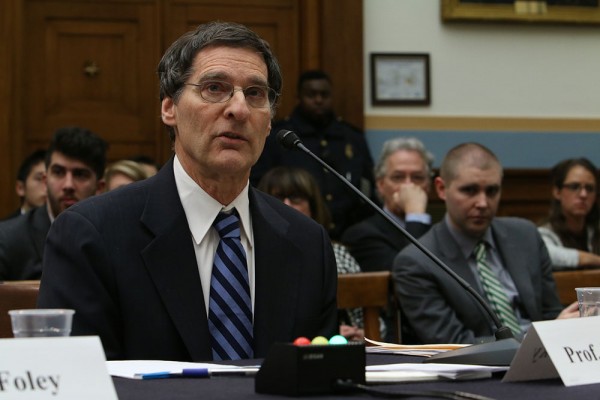Three Questions with Ira Kodner on Frankenstein and medical ethics
For Ira Kodner, MD, emeritus professor of surgery, Frankenstein has many ethical lessons for young scientists, physicians and society at large.
The language of the undead
As a linguist and professor at Swarthmore, one might wonder why Jamie Thomas, AB ’06, is interested in zombies. She’s found that representations of the undead can help us better understand the dehumanization and fear that accompany racism, sexism and other languages of hate.
Choosing between work and breastfeeding in Haiti
New mothers in poor urban communities may feel the necessity to work and have a measure of food security rather than trying to find the time and ability for exclusive breastfeeding, a health issue that could be rectified with social support, researchers from the Brown School at Washington University in St. Louis found in a study in Haiti.
The monster who will not leave us
Nearly 200 years after the publication of “Frankenstein” in 1818, we still employ Mary Shelley’s dream vision to interpret and explain our world today — but why? Perhaps because the troubling dialectic between Creator and Monster reflects some basic anxiety that has still not been resolved. Henry Schvey writes an essay in advance of the Oct. 13 conference “Frankenstein at 200” in Umrath Hall on the Danforth Campus.
WashU Expert: CHIP demise devastating to millions of American children
Congress has allowed the federal Children’s Health Insurance Program (CHIP) to expire as of Oct. 1, leading to the demise of one of the most successful government programs ever implemented, said Tim McBride, an expert on health economics at Washington University in St. Louis.
Disparities in educational experiences of black youth
A more comprehensive picture of mental health that includes subjective well-being and other positive mental health characteristics could lead to more successful educational experiences among black youth, finds a recent study from Sean Joe, professor at the Brown School at Washington University in St. Louis.
Time to step it up, America
The United States earns failing grades when it comes to the number of people walking to work and school and the number of walkable communities, finds a new national report. Amy Eyler, associate professor at the Brown School, serves on the advisory panel for the National Walking and Walkable Communities Report Card, released Sept. 14.
Washington People: Nancy Reynolds and Anne-Marie McManus
Nancy Y. Reynolds and Anne-Marie McManus, both of Arts & Sciences, discuss the environmental humanities and their new Mellon Sawyer Seminar, “Grounding the Ecocritical.”
WashU Expert: DACA and Houston
Rescinding DACA will deprive Houston of a substantial workforce at the very moment the city needs that workforce most, argues water management expert Derek Hoeferlin, associate professor of architecture in the Sam Fox School of Design & Visual Arts at Washington University in St. Louis.
Trump’s DACA decision regrettable
The Trump administration on Sept. 4 announced plans to end DACA, which protects nearly 800,000 young undocumented immigrants brought to the U.S. as children from deportation. The president’s decision is not only regrettable, it was entirely unnecessary, says Stephen Legomsky, the John S. Lehmann University Professor Emeritus and renowned expert on immigration law.
Older Stories
